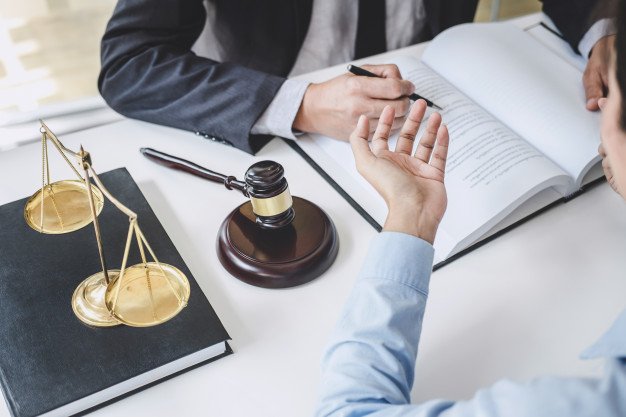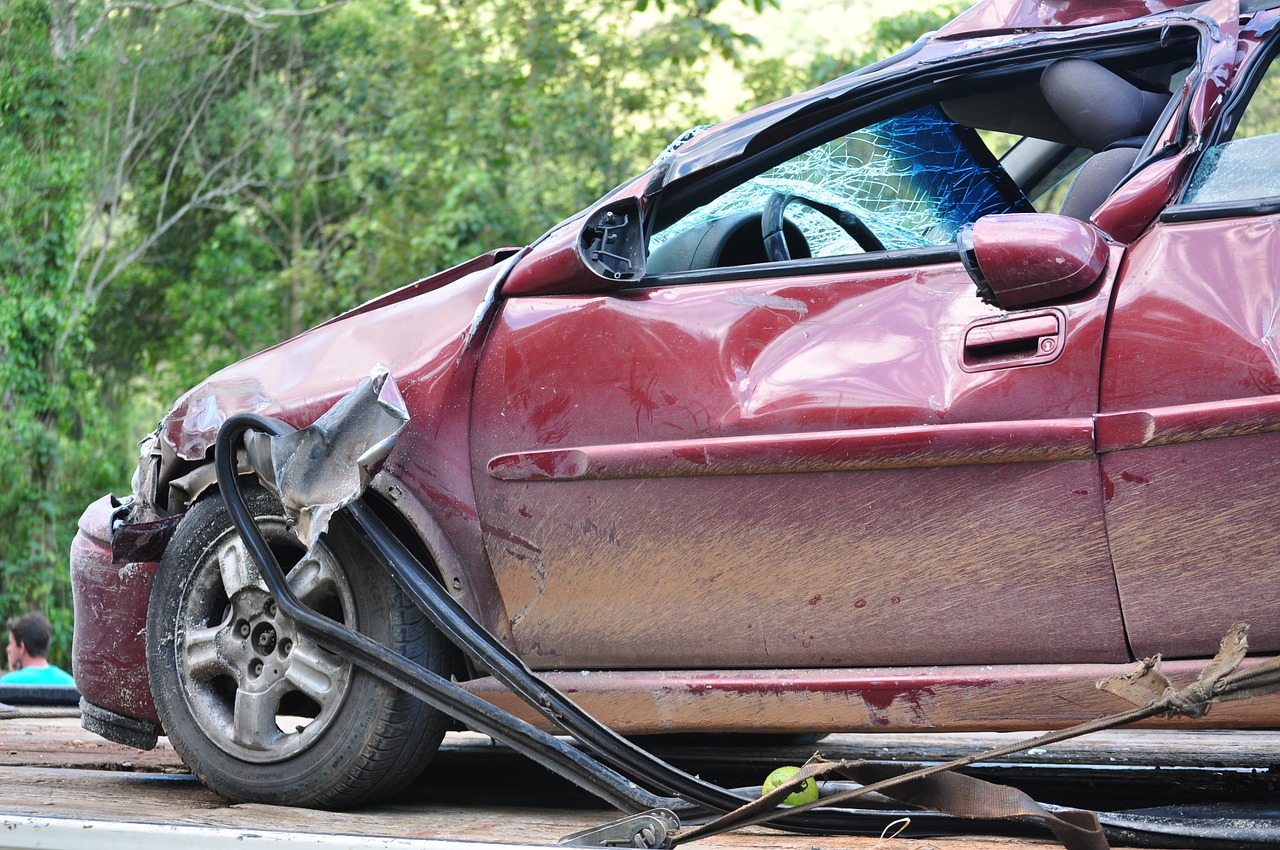Ridesharing is revolutionizing the way people get from point A to point B. Whether it’s just to have a safe ride home after a night of drinking or a great alternative to purchasing your own vehicle, ridesharing is gaining in popularity. With more people getting rides than ever before, more car accidents are involving ridesharing vehicles. Understanding what to do if you’re involved in a ridesharing accident can help to ensure that you get the compensation you deserve for the injuries that you sustained.
Check For Injuries And Call The Police
The first steps that you want to take after being involved in any sort of car accident are to check for injuries and call the police. You should start by checking yourself and other passengers. Then, check the other parties involved to see if they have any injuries. If anyone has severe injuries, you should be contacting emergency medical assistance immediately. If you have slight injuries, it’s still a good idea to get them checked out by a medical professional at the accident scene. This way, your injuries are documented right from the start.
Once everyone is checked for injuries, it’s time to call the police. The officer will be responsible for creating an accident report. While you may not think that a report matters since it’s not your vehicle that was involved, think again. Any ridesharing accident lawyer will tell you that having access to the accident report is a vital part of your claims case. Even if the drivers involved don’t want to contact the police, you should do so yourself to ensure your future safety is looked after.
Take Pictures And Collect Information
West Coast Trial Lawyers will advise you to take pictures to document the scene. While you may have no stake in the property that was damaged, you should still have photo evidence of it. This can come back into play later when determining who was at fault for the injury. This way, your Uber accident attorney knows who to go after to seek compensation for the injuries that you sustained.
Talk with witnesses and gather their contact information. Witnesses tend to leave the scene of the accident once an officer arrives. Therefore, speaking with them before the police arrive can ensure that you get the information you need before they leave. The more witnesses you have, the better chance your ridesharing accident lawyer will have at proving your case for injury compensation.
You’ll also want to get the information about the people involved in the accident. Start by collecting the contact and insurance information of your ridesharing driver. Then, get the same information from the other parties involved. If the other driver had passengers with them, then get their information to. Be sure to write down or take pictures of the license plates of the vehicles that were involved.
Understand What Insurance Pays For Your Injuries
One of the most confusing parts of being involved in a ridesharing accident is understanding what the insurance company pays for the damages and injuries that were a result of the accident. Does Uber’s insurance cover the problems or does the Uber driver’s personal insurance cover your injuries? Let’s take a look at the different scenarios below.
Hit By A Ridesharing Driver
If you’re in a vehicle accident that is determined to be the fault of the other driver who was in a ridesharing vehicle, the other driver’s insurance is responsible for paying for your injuries. Keep in mind that each driver’s insurance policy will have coverage limitations. If your compensation amount is above the coverage limit for the ridesharing driver’s personal insurance, the ridesharing company’s insurance will cover the excess if the driver was working at the time of the accident.
Your Ridesharing Driver Is At Fault For Your Injuries
When the ridesharing driver that you’re riding with is determined to be at fault for your injuries, their personal insurance will cover your compensation. In the event that your compensation amount is over what the driver’s personal insurance will cover, the ridesharing company will cover the excess if the driver was working at the time of the accident.
What Is Considered Working By Rideshare Companies?
West Coast Trial Lawyers will inform you that the ridesharing company will only pay if the driver was determined to be working. If the driver was not determined to be working at the time of the accident, the ridesharing company’s insurance will not cover the excess of the compensation you get. Rather, you’ll have to go after the driver of the vehicle personally for anything their insurance won’t cover.
Ridesharing companies like Uber and Lift have their own technology that allows them to communicate with their drivers. Drivers are required to update their status on their mobile device to tell the company what they’re doing. As long as the ridesharing driver was logged into their application, the ridesharing company’s insurance policy will kick in. However, there are some restrictions to their coverage limits.
If the driver is logged into their application but has a status of waiting for a ride request, the ridesharing company’s insurance has limited coverage. For Uber specifically, the limited liability coverage is 25,000 dollars for property damage and 50,000 dollars per injury up to a 100,000 dollar limit. In most events, a combination of the driver’s personal insurance and the ridesharing company’s insurance will take care of the compensation for your injuries. However, if they don’t, your Uber accident attorney will take up suit against the ridesharing driver personally for the excess.
In cases where the ridesharing driver has a status of being in route to pick up their passenger, then the ridesharing company’s full insurance policy kicks in. Both Uber and Lift have a 1,000,000 dollar personal injury insurance policy. Remember that this policy kicks in after the driver’s personal policy reach its coverage limits.
Why Contacting A Lawyer Is So Important
As you’ve found out above, there are many things to consider when you’re involved in a ridesharing accident. Navigating the legal waters and determining what insurance policy or policies will be paying for your injury compensation can be difficult. Employing a ridesharing lawyer to help you along the way will ensure that you get the compensation that you need for your injuries.
Your lawyer will be able to collect the necessary evidence from the ridesharing application to determine what insurance is covering the accident. They’ll be able to take up suit against those companies and assist you in determining a proper amount of compensation for the injuries that you sustained from the accident. Most importantly, a lawyer will be able to do all the heavy lifting with your claims case so that you can physically and mentally worry about getting better. You don’t want to be dealing with lawyers, insurance companies, and educating yourself on laws when you’re injured.
Being involved in a ridesharing accident may not be something that you’ve thought about before. However, since ridesharing is becoming more popular, you should be prepared with what you should do in the event that you find yourself involved in one. The above steps will help you to figure out how to proceed after an accident occurs.
Read Also:






















